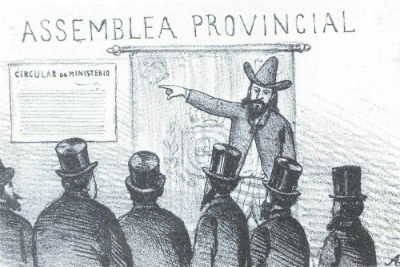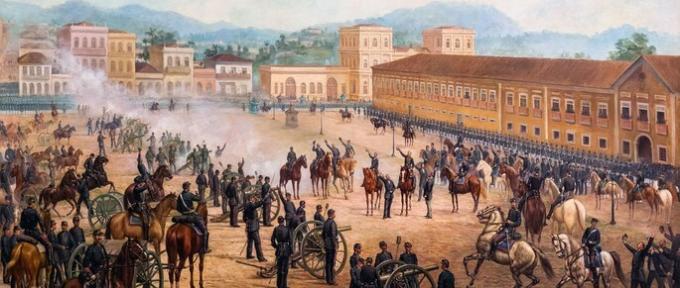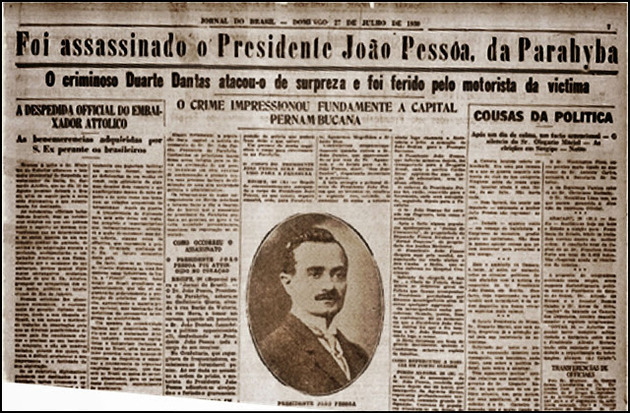You may have heard that human beings learn from experience or that the wrinkles of a man or a woman or even their gray hair reveal a singular wisdom. Well then, these phrases express the idea that the past can teach us to act more prudently; that the examplesinexperiencespast, whether our own experiences or those of illustrious people or those close to us, can make us trace a path that avoids unnecessary suffering and wear.
This idea is not new. On the contrary, it was more present in the ancient world than in the modern world, in which we are inserted. A thinker who dedicated himself to reflecting on this was MarchThuliumCicero, orator and politician of ancient Rome. Cicero identified an intimate relationship between virtuous action, that is, action guided by thought and reflection, and examples from the past. Thus, for Cicero, Thestory – who took care of managing the memory of past events – could be considered the “mastergiveslife”, that is, through the examples of the past, history teaches men of the present to act better and with more prudence.
It is seen that Cicero had a moral intuition of history. History, in the time of ancient Rome, was not yet considered a discipline with methodological artifacts and scientific aspiration, as it was in the 19th century. History in the ancient world played the role of exemplary and preserving the great deeds of humanity. History, in Cicero, was also associated with the tradition of rhetoric, the art of speaking, convincing and arguing. The techniques of rhetoric served history, in the sense of helping it in its role of moral instruction and exemplary.
The root of this perspective on rhetoric can be found in Aristotle, who, in his works, especially in ethicto Nicomachus and on Rhetoric, gave the reflexive bases on the relationship between rhetoric and ethics or between argumentation technique and virtues. Aristotle, in turn, resorted to the tradition of Greek tragedy to support his reflections. Thus, the moral function of history, defended by Cicero, needed to be based on the bases of a good exposition, that is, on forms of expression of these functions. Historian Felipe Charbel Teixeira made this clear in the excerpt presented below:
"Cicero, in the of oratore (55 yr. C.), alludes to the usefulness of the historical account in a memorable and exhaustively repeated sentence up to our days: "history bears witness to the centuries, light of truth, life of memory, teacher of life, messenger of past". Less attention, however, was given by posterity to the question that closes the illustrious passage: "what voice, if not that of the speaker, can make it immortal?" (TEIXEIRA, Felipe Charbel. A construction of facts and words: Cicero and the rhetorical conception of history. Varies history, Belo Horizonte, vol. 24.n. 40, Dec. 2008. pp. 557-558).
By Me. Cláudio Fernandes



